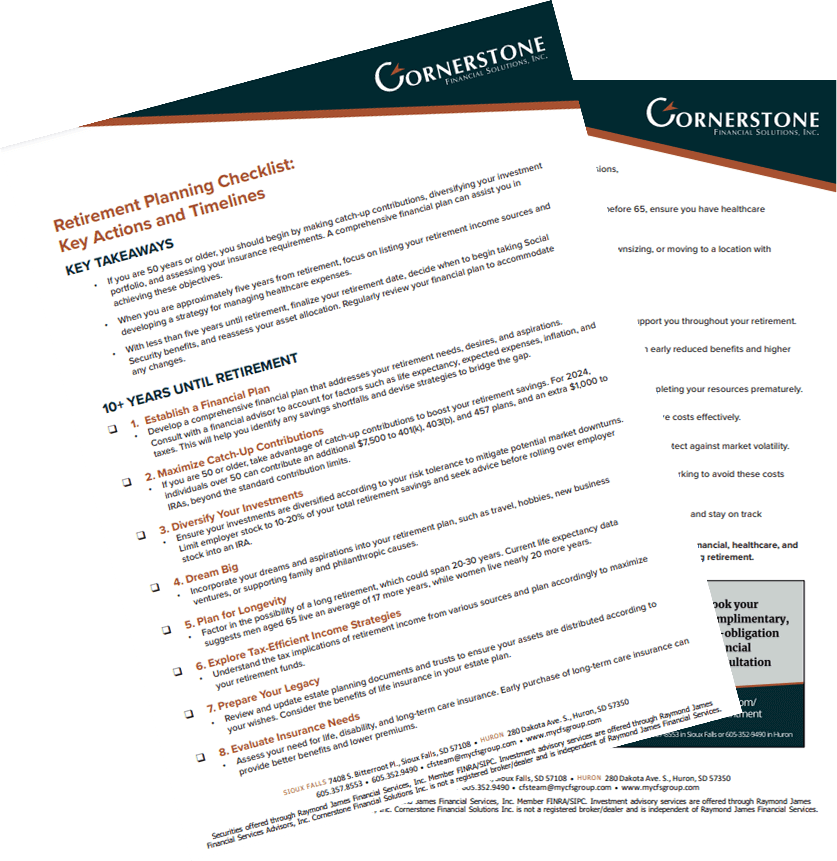Life doesn’t always go according to plan. Emergencies can arise without warning—medical events, accidents, or even the sudden need to manage a loved one’s affairs. When that happens, will your family have what they need? One of the best ways to be ready is to organize important documents for emergencies before you need them. Having a centralized place for key personal, medical, and financial information ensures your loved ones aren’t left searching when time matters most.
Why Organizing Vital Information Matters
Without clear, accessible documentation, your loved ones could face unnecessary stress, confusion, and even financial consequences. By taking a few proactive steps now, you can spare them from digging through paperwork or making difficult decisions in a crisis.
One way to make this easier: download our free Essential Information Organizer, a fillable guide to help you gather and store everything in one place.
What to Include in Your Emergency Information File
To truly prepare, your information should go beyond just legal documents. Here’s what to gather:
Personal and Digital Access Details
Make sure someone you trust can access your digital life. This includes:
- Usernames and passwords for email, banking, subscriptions, and social media
- Device passcodes
- Contact details for your employer, attorney, and financial advisor
Secure storage tools like a password manager or a printed list in a locked location can help.
Medical Information That Could Save Your Life
In a medical emergency, details matter. Include:
- Primary care doctor and specialist names
- Current medications and dosages
- Allergies and chronic health conditions
- Health insurance cards and policy numbers
- Copies of your advance directive or healthcare power of attorney
Only 26% of Americans have an advance directive, according to the Journal of Preventive Medicine. Don’t wait to take this step.
Legal and Financial Documents to Reduce Stress
Help your family manage your affairs smoothly by organizing:
- Will or trust documents
- Power of attorney (health and financial)
- Deeds, vehicle titles, and insurance policies
- Retirement accounts and bank details
- Logins to any online financial platforms or aggregation services
Be sure at least one trusted individual knows how to access this information securely.
Make It Easy with Our Essential Information Organizer
To help you get started, we’ve created a downloadable Essential Information Organizer. This free tool guides you through organizing everything from contacts and health information to digital access and financial records.
Fill out the form to download the Essential Information Organizer.
(Tip: Save a digital copy and print one to keep in a secure but accessible location.)
Take Action Today—So They Aren’t Left Guessing Tomorrow
Don’t wait for an emergency to get organized. Taking the time to prepare now gives your loved ones clarity when they need it most.
Not a Cornerstone Client?
Through The Cornerstone Experience®, our clients have access to a suite of secure online tools to help organize personal, health, and financial information. We help clients prepare for the unexpected—so they can live with confidence today.
???? Contact us at 605-357-8553 or cfsteam@mycfsgroup.com to learn more about The Cornerstone Experience®.






